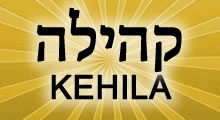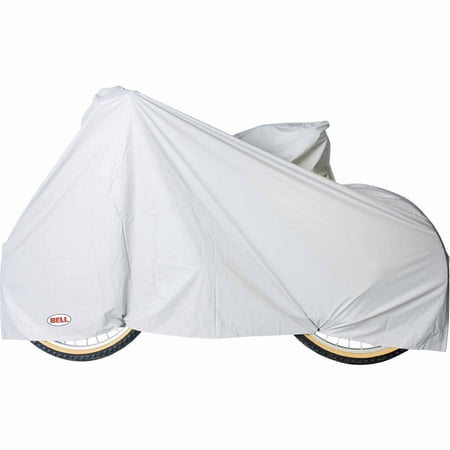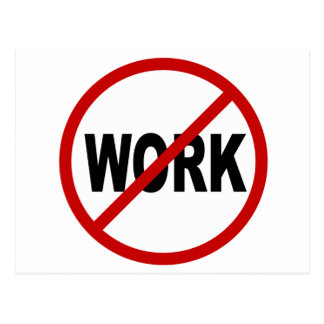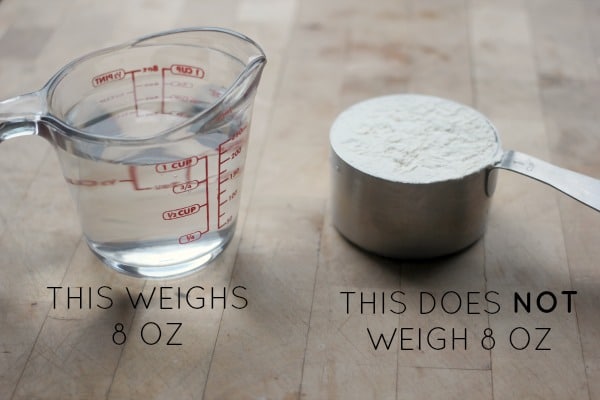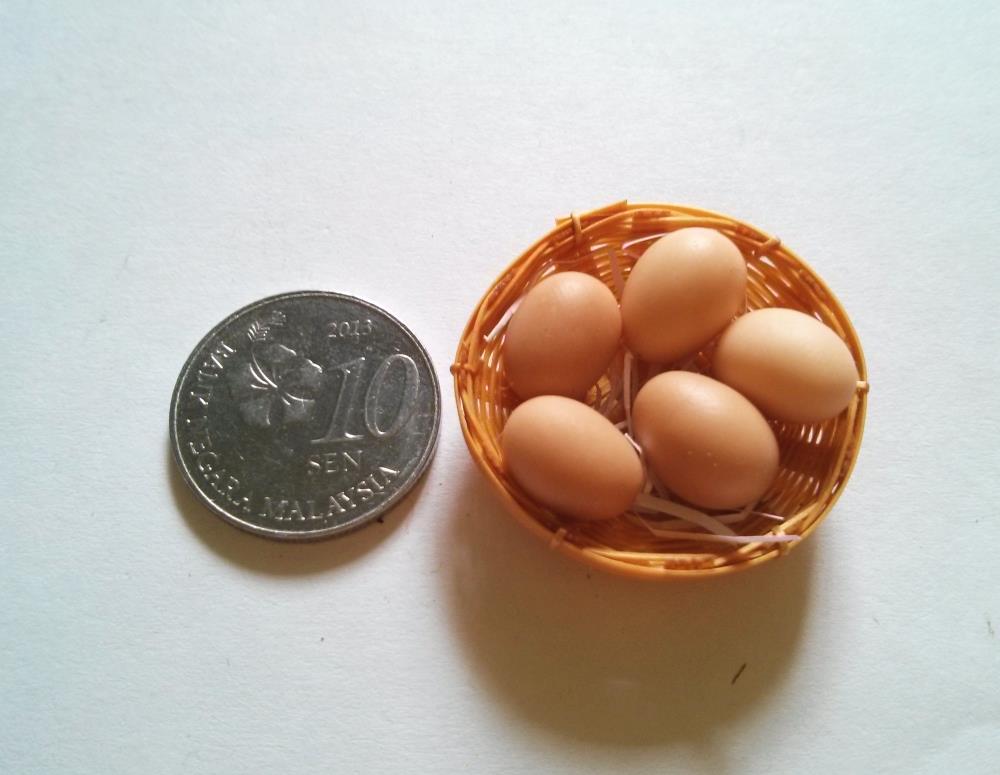BS”D
Beitza 36a (2)
1- We continued the Sugya of אין כלי ניטל אלא לדבר הניטל. Meaning whether something that is not muktzeh and thus permitted to be moved around; can it be moved for the purpose of something that is muktzeh?
2- The opinion of Reb Yitzchok is that it is prohibited. The opinion of Ulla is that it is permitted, and such is the Halachah.
3- Another topic discussed is אין מבטלין כלי מהיכנו. Meaning that something that is permitted at the onset of Shabbos and Yom Tov to be moved around, such as a pot, one may not place something of Muktzeh into this pot. Doing so would make the pot Muktzeh and thus making the pot unusable.
4- We read the text of the Mishna Brura (B’H, אסור) where he poses an interesting question:

When we wash Negel Vasser in the morning, or מים אחרונים, into a shisel etc, we are basically making the shissel useless since the used water becomes non usable!
We retold the story of the Graf Potozki and the resulting ‘change’ in regard to רוח הטומאה.

5- If a leak develops on Shabbos and one wants to collect the water by placing a pot under the flow, if the water is murky and not useable (Muktzeh), then placing the pot has two problems.
1- אין כלי ניטל אלא לדבר הניטל. Moving a pot for water that is Muktzeh

2- אין מבטלין כלי מהיכנו. When water will collect in the pot it will render the pot Muktzeh.
6- See here on a topic mentioned in our Gemara.
7- We continued last’s weeks story of the young man who went to the market on Shabbos to collect his debt and the reaction of the Kehila.
The Yavet’z ruled that the only thing the Kehila has on the young man is that he should have asked a Rov prior to going.

As to the concern raised by the Kehila that the non-Jews would use the action of this fellow against the Jews, saying that ‘you really don’t observe your Sabbath’, The Yavet’z brings an interesting Gemore.
The famous convert Isser, once said “prior to my conversion I was of the opinion that Jews are not שומרי שבת! Why? Because when I walk in the Jewish neighborhoods on Shabbos I never see money on the streets. Now it’s inevitable that before Shabbos people dropped some change. So why don’t I see any change on the street?

It must be that Jews, when they see money, they pick it up even on Shabbos!
The Gemara concludes that there is a היתר (unknown to Iser at the time) to carry less than ד’ אמות at a time.
So says the Yavet’z, despite hearing what Isser said about his opinion of the Jews, the Chachamim didn’t enact to disallow this היתר of carrying less than ד’ אמות at a time.
8- He finishes off with a story about Jewish merchants in Amsterdam who heard rumors on Shabbos that a boat carrying merchandise they ordered from overseas may have sunk. Despite the rumors they were able to insure the cargo by verbally binding a policy on Shabbos!

They didn’t, and the Yavet’z praised them (despite others called them fools) since binding a policy is considered מקח וממכר.





